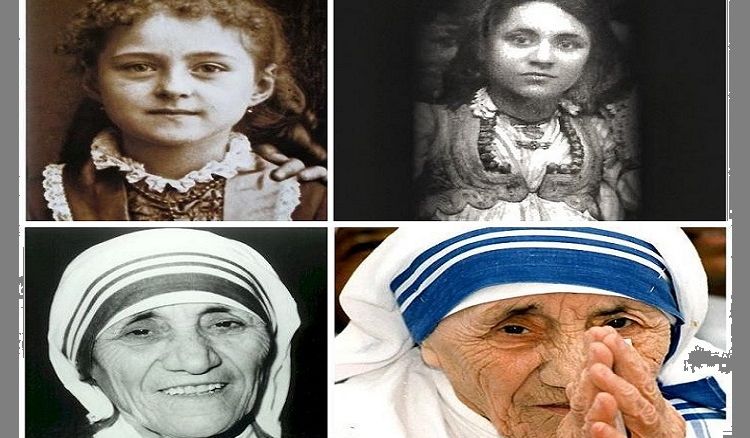Mother Teresa, an embodiment of compassion and selflessness, remains an enduring icon of humanitarianism. She was born Agnes Gonxha Bojaxhiu on August 26, 1910, in Skopje, Macedonia; she later became known as ‘Saint Teresa of Calcutta.’ Her life's work exemplified the profound impact that an individual with unwavering dedication can have on the lives of the less fortunate.

From an early age, Mother Teresa displayed a strong inclination towards helping others. At the age of 18, she joined the ‘Sisters of Loreto’ as a missionary and traveled to India to teach at a school for girls in Calcutta. However, witnessing the abject poverty and suffering around her, she felt a deep calling to do more. In 1948, she received a "call within a call" from God, urging her to leave the convent and serve the poorest of the poor on the streets of Calcutta, living with them.
With remarkable courage, Mother Teresa embarked on her mission, establishing 'The Missionaries of Charity' in 1950. The primary objective of this religious congregation was to minister to the hungry, the naked, the homeless, the crippled, the blind, the lepers, and all those people who feel unwanted, unloved, and uncared for in society. The order grew rapidly, spreading to various countries and becoming a symbol of hope for countless individuals in dire need.
Mother Teresa's approach was marked by humility and a profound sense of empathy. She lived among the poor, dressing in simple attire and adopting their way of life. Her unyielding commitment to serving others, regardless of their background or beliefs, transcended boundaries and inspired people worldwide.
One of Mother Teresa's most notable achievements was the establishment of the Kalighat Home for the Dying in Calcutta. This facility provided a dignified space for individuals in their final moments, offering comfort, care, and respect. Her work extended beyond the confines of the clinic; she tirelessly advocated for the destitute, engaging with governments and international organizations to address poverty and promote peace.
In 1979, Mother Teresa's extraordinary efforts were recognized when she was awarded the Nobel Peace Prize. The committee praised her for her work in bringing help to suffering humanity. However, she remained humble, considering the award an affirmation of the Missionaries of Charity's cause rather than a personal accomplishment.
Throughout her life, Mother Teresa faced criticism and skepticism, with some questioning the conditions in her facilities and her stance on issues like abortion and contraception. Nevertheless, her resolve remained unshaken, and she continued to channel her energy into alleviating the suffering of those she considered her "Jesus in distressing disguise."
Mother Teresa passed away on September 5, 1997, leaving behind a legacy that continues to inspire generations. Her canonization as a saint in 2016 solidified her place in history as a symbol of love, sacrifice, and service. The Missionaries of Charity, her brainchild, continue their work worldwide, serving the marginalized and embodying her ethos.
Mother Teresa's life story is a testament to the transformative power of compassion and action. Her journey from a young Albanian girl to an internationally revered figure underscores the impact that one individual, driven by unwavering dedication to humanity, can have on the lives of countless others. Her legacy challenges us all to recognize the inherent dignity in every human being and commit ourselves to making a positive difference in the world, no matter how humble the endeavor may be.
 বাংলায় পড়ুন
বাংলায় পড়ুন








